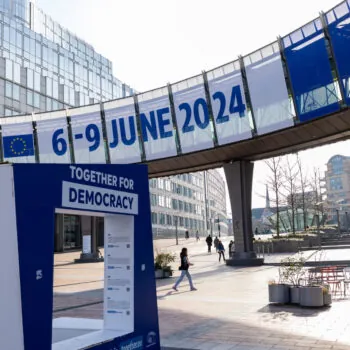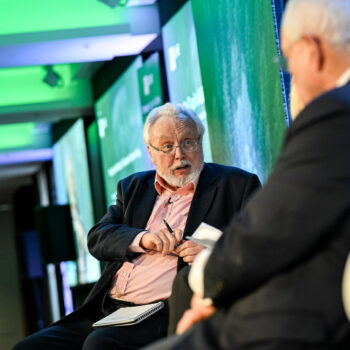It is possible that today we have it too easy. Europe has been a continent at war for millennia. It took the feeling of unity after WW2 coupled with the Cold War and Russian tanks on our borders to set aside our differences. Only then could the likes of Churchill and Mitterrand drive through their vision of unity and bring modern Europe into fruition.
It’s not always pretty, but for a slow bureaucratic machine the EU has produced some impressive results. Monetary union now means the idea of war amongst European countries is unthinkable. Yet in 1959 the world was just 2 minutes to midnight and as late as 1975 both Spain and Portugal were dictatorships. Increasing global stability has helped the spread of democracy and a steadily growing culture of accountability.
But is the EU still relevant? Well, do you care about banker bonuses, roaming charges or fag packets? What about maternity leave? The EU works progressively on all these issues and plenty more that affect our day-to-day lives. In fact “This is what the EU is all about — getting rid of barriers to make life easier and less expensive,” said EU Commissioner for the digital agenda Neelie Kroes. Getting rid of unfair costs, protecting our health and just last month adopting policy which will cap banker bonuses. A policy which our own government has done its very best to undermine, suggesting that sometimes Europe can represent the interests of citizens better than their own governments.
Pooling our sovereignty with those similar to us provides the opportunity to address common problems and not just those in Europe. Far from reducing our ability to govern, Europe provides the opportunity to influence the global agenda. Especially important in a globalised, increasingly interdependent world. A united Europe has a strong voice on the global stage and the UK, France and Germany are its strongest influences. Europe gives us the chance to sit at the table with other global powers to design an innovative and successful future. The Daily Mail might disagree but EU decisions can have a pivotal effect on lives in the UK, Europe and the rest of the World.
Brilliantly, the EU elections are proportionally represented and unlike our general election it gives us a greater range of potentially successful candidates. This fairer system makes it more likely parties like the Greens can gain representation.
Voting in the EU election is part of being a citizen, it’s a right secured and protected by our forefathers. To build an ethical, caring and inclusive Europe which makes decisions to improve the future of our society and environment we must vote for it. Will you?


